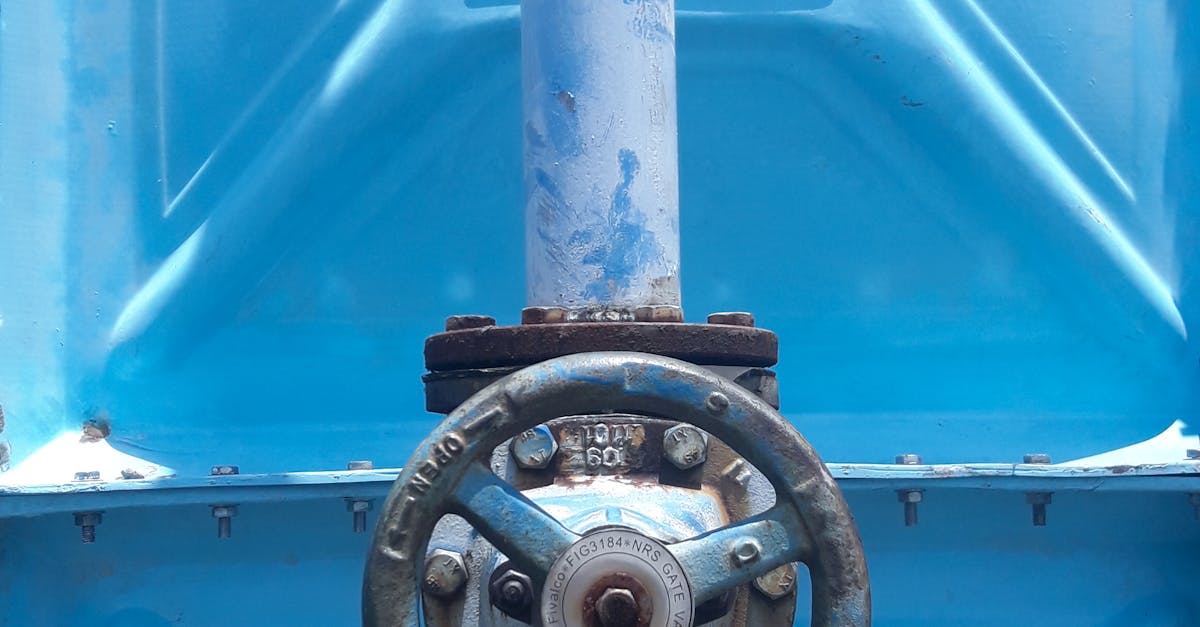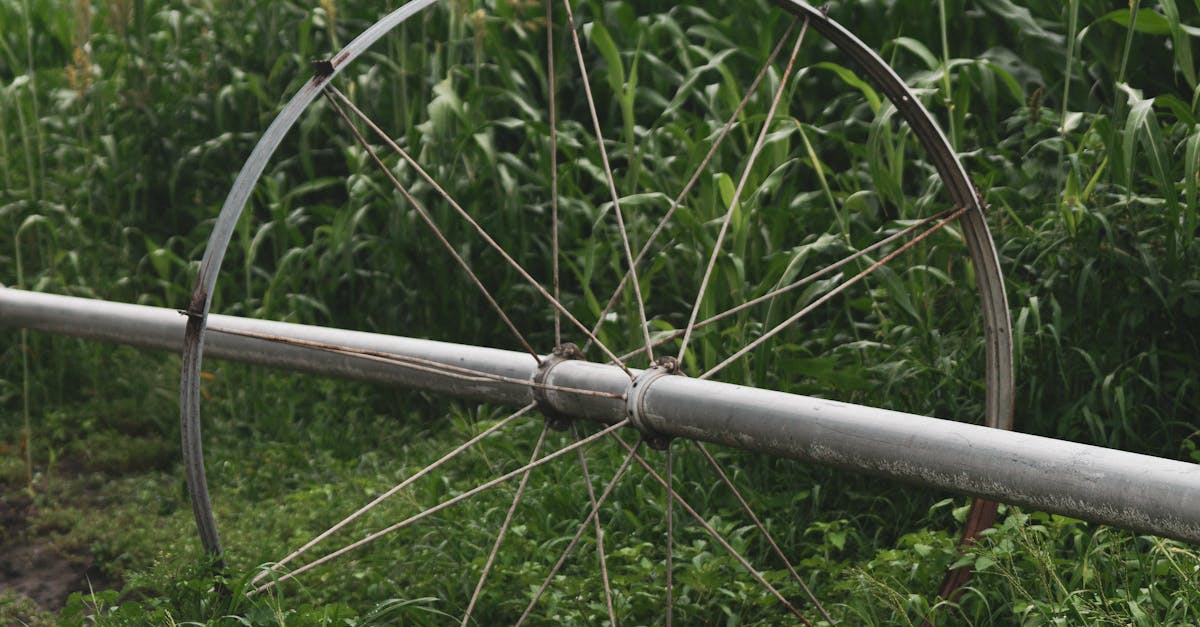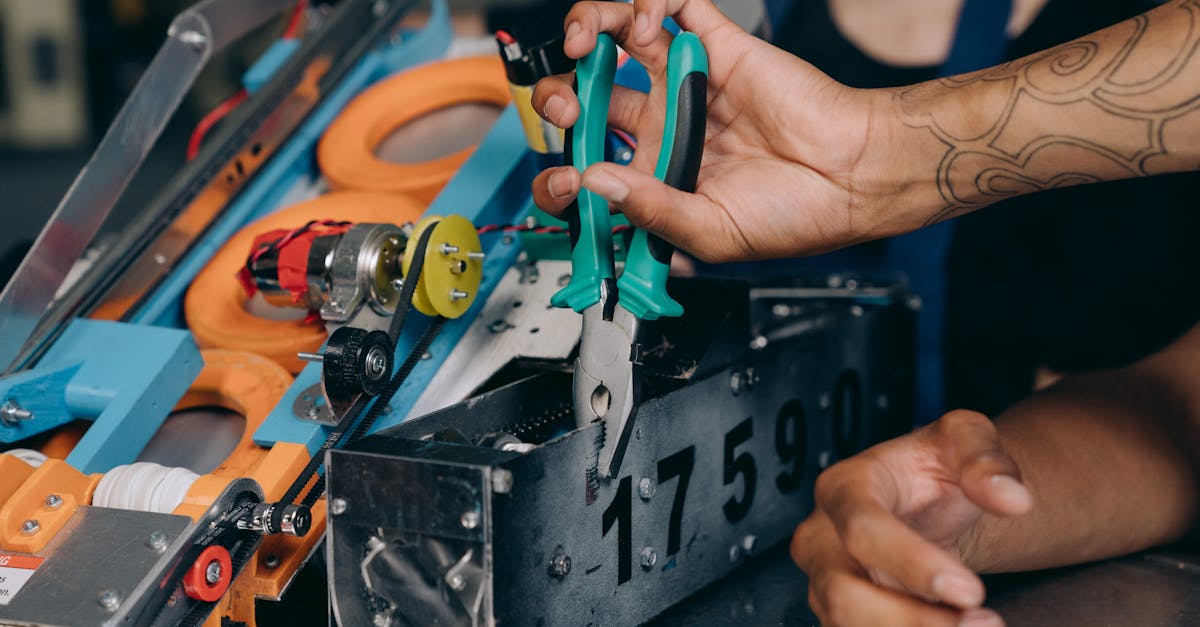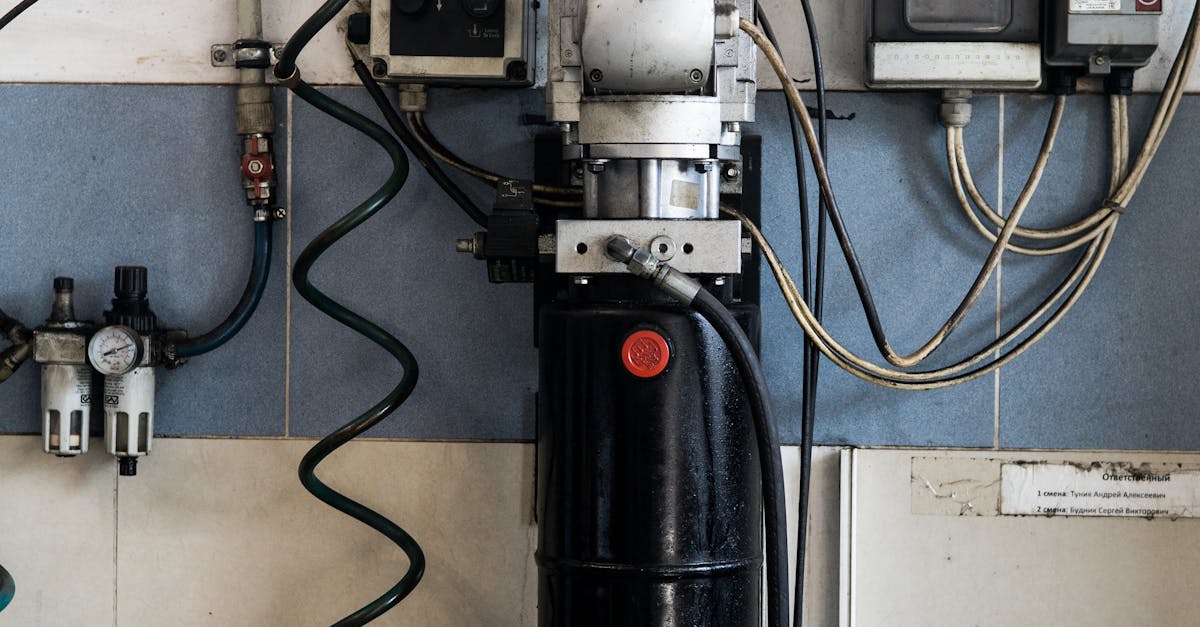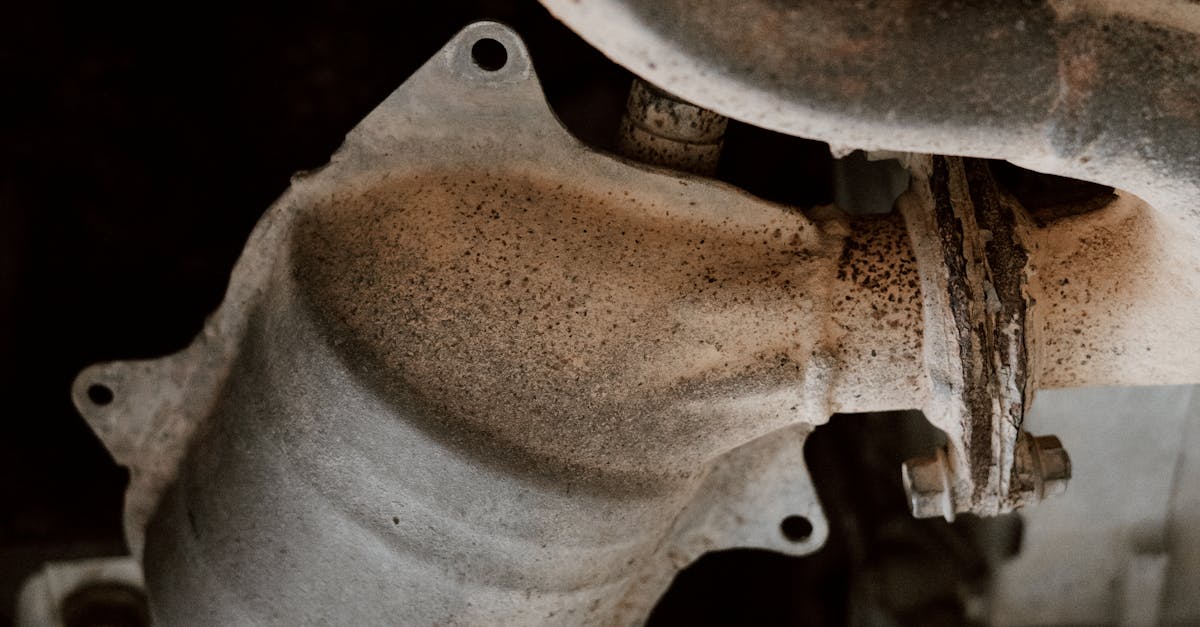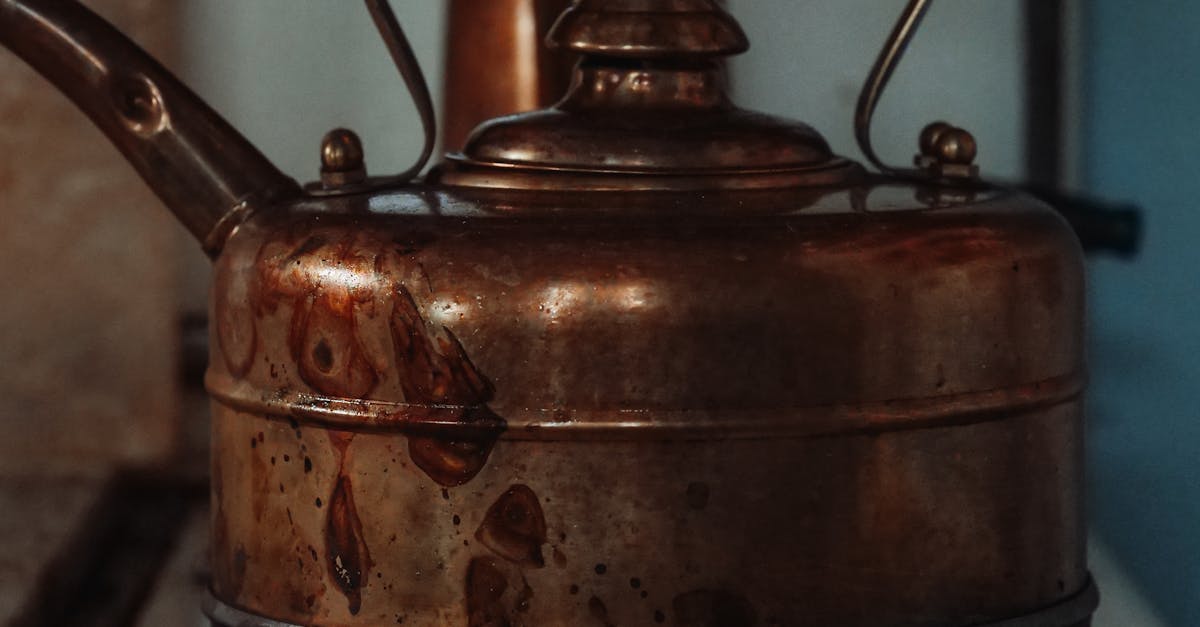
Table Of Contents
Repairs vs. Replacement
When facing issues with a hot water system, homeowners often grapple with the choice between repairs and replacement. Hot Water System repair can be a cost-effective solution for minor issues such as faulty thermostats or broken valves. If the system is relatively new and has been well-maintained, opting for repairs may extend its life without the need for a significant financial investment.
However, there are circumstances where replacement becomes the wiser choice. If the hot water system experiences frequent breakdowns or shows signs of significant wear and tear, the costs associated with continual repairs can quickly accumulate. In such scenarios, replacing the unit might be more economical in the long run, providing improved efficiency and reliability.
When to consider each option
When evaluating whether to repair or replace a hot water system, homeowners should consider the age of the unit and its overall condition. Systems typically last around 8 to 12 years, depending on the type and maintenance history. If the system is approaching or has exceeded this lifespan, issues are likely to escalate, making Hot Water System repair less viable. Regular repairs on an aging system can lead to increased costs and inconvenience as breakdowns become more frequent.
Another crucial factor is the frequency and severity of repairs required. A unit that has undergone multiple repairs in a short period may indicate that it is nearing the end of its life. In such cases, it may be more economical in the long run to invest in a new system. Evaluating the cost of Hot Water System repair against the cost of a new installation can provide clarity on the best course of action.
The Role of Water Quality
Water quality plays a crucial role in the longevity of hot water systems. High mineral content, such as calcium and magnesium, can lead to the build-up of limescale, which impacts efficiency. This can cause heating elements to work harder than necessary, leading to increased energy bills and potential breakdowns. Regular monitoring of water quality can help identify issues before they escalate into serious problems that necessitate hot water system repair.
Poor water quality can also contribute to corrosion, particularly in systems made of metal. When corrosive substances are present, they can erode internal components over time, reducing the system’s lifespan. Homeowners should consider water treatment options if their water supply is deemed hard or corrosive. Taking proactive measures about water quality can significantly enhance the reliability of hot water systems and reduce the frequency of required repairs.
Impact of mineral content on system life
The mineral content in water can significantly affect the lifespan of hot water systems. Hard water, which is high in minerals such as calcium and magnesium, can lead to scale build-up inside the tank and heating elements. This accumulation reduces efficiency and can cause overheating, ultimately resulting in the need for Hot Water System repair sooner than expected. Regular maintenance and monitoring of water quality can help mitigate these issues and prolong the life of the system.
Conversely, water with lower mineral content tends to be gentler on the internal components of hot water systems. Systems in areas with soft water often experience fewer scale-related problems, allowing for more years of reliable service with minimal interventions. Homeowners should be aware of their local water quality and consider it when planning for maintenance and potential repairs. Understanding the role of mineral content can lead to more informed decisions regarding the longevity and care of hot water systems.
Benefits of Regular Servicing
Regular servicing of hot water systems is essential for maintaining efficiency and prolonging their lifespan. By scheduling routine checks, homeowners can identify and address potential issues before they escalate into costly repairs. A knowledgeable technician can spot minor problems such as leaks or corrosion, which, if left unchecked, might lead to more significant failures. Preventive maintenance ensures that the system operates smoothly, reducing the likelihood of unexpected breakdowns and the need for hot water system repair.
Additionally, regular servicing helps optimise energy efficiency, leading to lower utility bills and a reduced environmental impact. Technicians can clean and tune components, helping the system to run at peak performance. This not only enhances comfort and reliability but also diminishes wear on the parts, contributing to the overall longevity of the unit. Homeowners investing in consistent maintenance find that they often save money in the long run by mitigating the risk of extensive repairs.
How servicing affects system longevity
Regular servicing of hot water systems plays a crucial role in extending their lifespan. Consistent maintenance check-ups allow for the early detection of potential issues, which can be addressed before they escalate into major problems. It often includes cleaning out mineral build-up, inspecting valves, and ensuring that all components function properly. These steps help to minimise wear and tear, which is essential for maintaining efficiency and functionality.
When homeowners commit to regular servicing, they are likely to avoid costly hot water system repair down the line. A well-maintained system tends to operate more efficiently, leading to lower energy bills and better comfort levels. Additionally, routine inspections provide peace of mind, reassuring homeowners that their system is running optimally and reducing the risk of unexpected breakdowns.
FAQS
What is the average lifespan of a hot water system?
The average lifespan of a hot water system typically ranges from 8 to 12 years, depending on the type and maintenance practices.
How can I tell if my hot water system needs replacing?
Signs that your hot water system may need replacing include inconsistent water temperature, rust or corrosion on the tank, leaks, or an unusual increase in energy bills.
What factors can affect the lifespan of my hot water system?
Factors that can affect the lifespan include water quality, frequency of maintenance, the type of system (electric, gas, or solar), and the quality of installation.
Is regular servicing really necessary for hot water systems?
Yes, regular servicing is crucial as it helps identify potential issues early, ensures efficient operation, and can extend the lifespan of your hot water system.
Can mineral content in water impact my hot water system?
Absolutely. High mineral content, such as calcium and magnesium, can lead to scale build-up within the system, which may reduce efficiency and shorten its lifespan.








